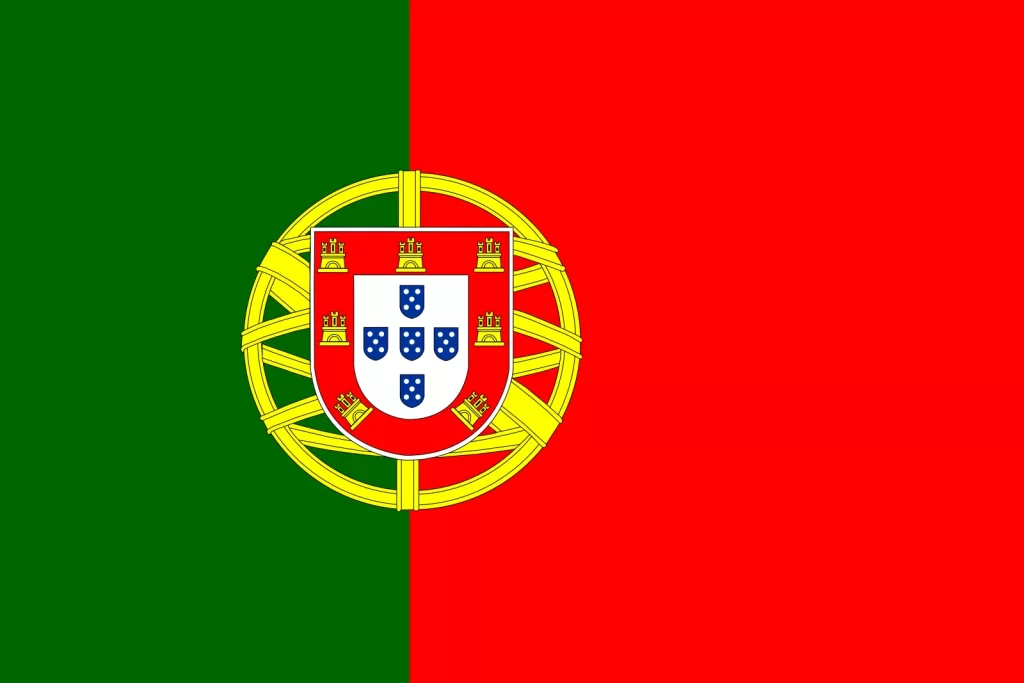Portugal: President calls for “talent in political decisions on immigration”

Lisbon: Portugal President Marcelo Rebelo de Sousa has called for “talent in political decisions on immigration”, so as not to increase fear and/ or unrest within the country’s immigrant communities, nor Portugal’s “presence in the world”.
“Talent is finding a way in this area, which does not increase fear, which does not increase insecurity, which is not negative for those who have to lead the country’s destiny and which does not empty an essential factor of our presence in the world,” he told reporters on the sidelines of an event in Lisbon.
The country’s head of state tackled this subject in the wake of the government’s latest measures, which have, it has to be said, caused outrage and anguish among many immigrants who interpret the situation as Portugal ‘closing off’ essential human rights.
This debate “was inevitable”, Marcelo concedes – just as the differing views of political parties were inevitable. There is a “wave that is sweeping the world”, with regard to immigration as it has been in the past, particularly in the United States, he said, “and in some European countries” – and it is a “wave in times of crisis”.
In this sense, “it is easy to appeal to fear, to concern, in some cases because of employment, in others because of security, in others simply because of the aging of cities”. What is not so easy is “the talent of reconciling what the waves of each moment are”. There is a risk, right now, he suggested, of “creating serious problems in the Portuguese-speaking community, and doubts, and intolerances, as well as other forms that minimise the projection of the language and culture” of these people.
“This is complicated,” he stressed, because the Portuguese have “a lot of strength,” but there are Portuguese-speaking countries that have “a different and essential strength in the world.”
Marcelo was alluding to the decisions by the government that particularly effect Brazilians/ Timor nationals.
Soon to be stepping down after 10 years in Belém, the president recalled that he was the leader of the opposition when the Community of Portuguese Language Countries (CPLP) was created in 1996, and described himself as “a defender of the importance of the Portuguese language, of the Portuguese-speaking community”.
In this way, he sees the CPLP as “a fundamental theme because it is one of the strategic factors for the country” and highlighted the role of other CPLP countries, such as the dimension of Brazil in the world, Angola and Mozambique that are trying to assert themselves regionally, Cape Verde as a “bridge” between continents and also East Timor in the Asia-Pacific region.
“Therefore, none of these people can lose this, because of issues that are merely matters of circumstance”, he went on, adding that the last thing he could conceive of would be for “Portugal to lose a fundamental asset due to poor management of a dossier that is fundamental for the country in the long term”.
The President stressed we should not “just look at this moment, at tomorrow”, after Portugal strengthened its role in Europe by distinguishing itself through “connections with other peoples on other continents that many European countries, perhaps the majority, do not have”.
Referring to the fact that several political forces in this debate have or have had representatives from Portuguese-speaking communities, Marcelo Rebelo de Sousa spoke again about talent, believing that “the Portuguese are very talented in creating platforms” and in achieving consensus and that is why they are “important in the world”, although this discussion is still in its early stages.
“I am not familiar with the (government) diplomas, I am not familiar with the projects, I know that the debate in parliament has already begun, I know that there are legislative initiatives”, he said, saying he hopes to receive the texts by the end of his mandate in January.





